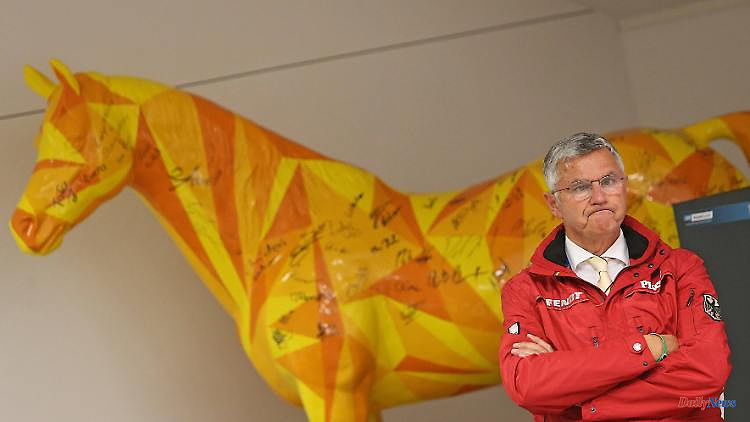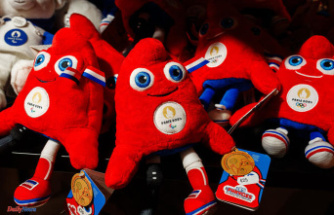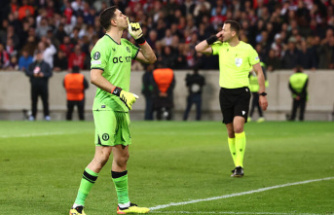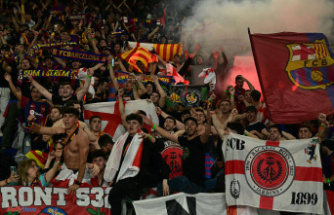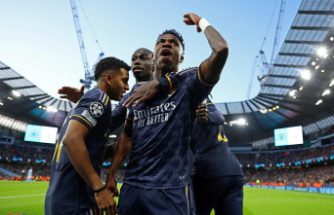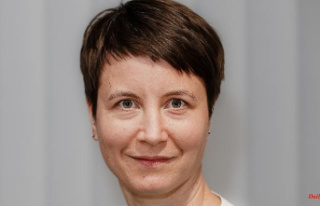At the legendary CHIO in Aachen, the problems of the Nations Cup become obvious. The traditional competition is in a crisis. This annoys the associations and makes it increasingly complicated for the national coach. The riders, on the other hand, benefit.
At the latest when the floodlights in the Aachen Soers go on in two days and 40,000 spectators cheer on the national teams in the sold-out CHIO stadium, the President of the World Equestrian Federation FEI will be made aware of the problem again. The largest tournament in the world offers the best endowed and best attended Nations Cup in the world - but the international show jumping match is not part of the FEI Nations Cup series. This annoys the German Riding Association FN as well as the trainers and most riders.
The Nations Cup is in crisis, which is particularly clear from the absence of Aachen. "Keeping the series alive is a priority," says the FEI President, looking a little perplexed. "We have to look for alternatives, but that's an ongoing process." The discussion will also take place in Aachen. It's fermenting in the background. The reason for the problem, which has been smoldering for years, is the "war of the watches", as a sponsor dispute is called in the scene. On the one hand there is the FEI sponsor Longines, on the other hand the competitor Rolex, which is visible everywhere in Aachen. Both watch manufacturers pump a lot of money into equestrian sports. The riders can rub their hands, but the most important series of the world association is becoming less and less important.
The dispute began with Longines paying around 100 million Swiss francs for ten years to replace its competitor Rolex as the general sponsor of the world association FEI. However, Rolex did not give in, investing instead, among other things with the founding of the Grand Slam series with the Aachen Grand Prix as the focus. In addition, the former sponsor of the FEI puts millions into tournaments, which are then no longer allowed to be part of the Nations Cup due to exclusion clauses in the contracts. After Rome, the traditional Nations Cup in the French seaside resort of La Baule also changed main sponsor this year - and is therefore no longer part of the series.
As a result, the Nations Cup has become smaller and at the same time more complicated: It now consists of only six stations, but each nation is only allowed to compete in four. "We're not allowed to start in the other two tournaments," explains national coach Otto Becker: "That's not satisfactory." Becker thinks: "It's really very unfortunate that the best tournament in the world and some other tournaments with a great tradition aren't there." On the other hand, for the CHIO this means that the best nations with the best riders will no longer automatically compete on Thursday evening. Instead, the people of Aachen invite teams.
Dennis Peiler, sports director of the German Riding Association, says: "Aachen remains unique, regardless of whether it is part of a series or not. Because of the importance, but of course also because of the funding." One million euros will be paid out on Thursday evening alone, more than at any other Nations Cup. At least financially, the equestrian professionals are profiteers in the "war of the clocks".

